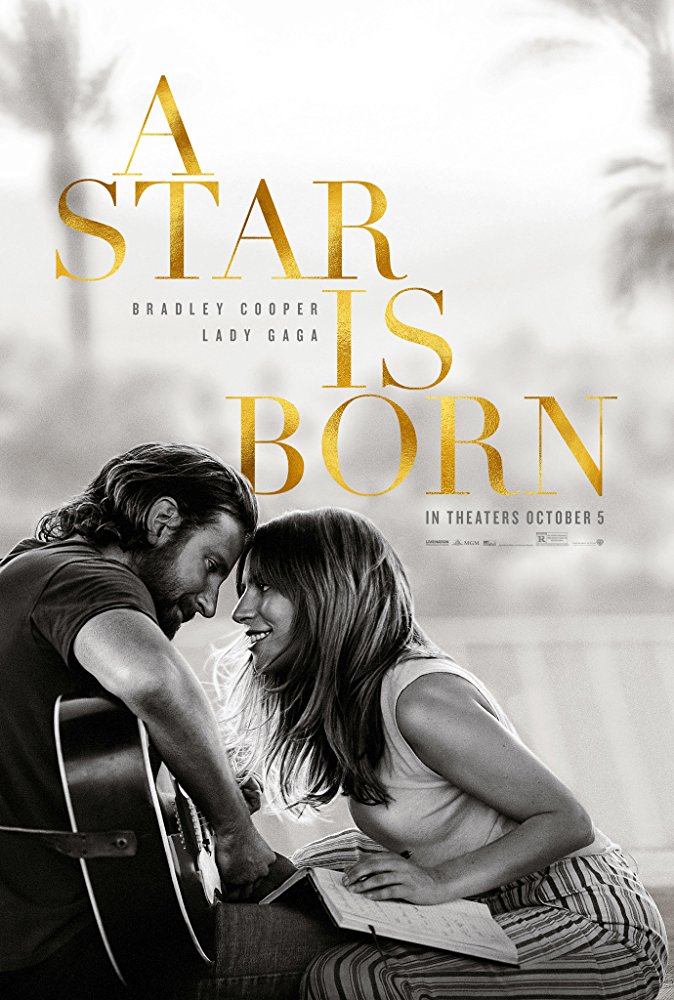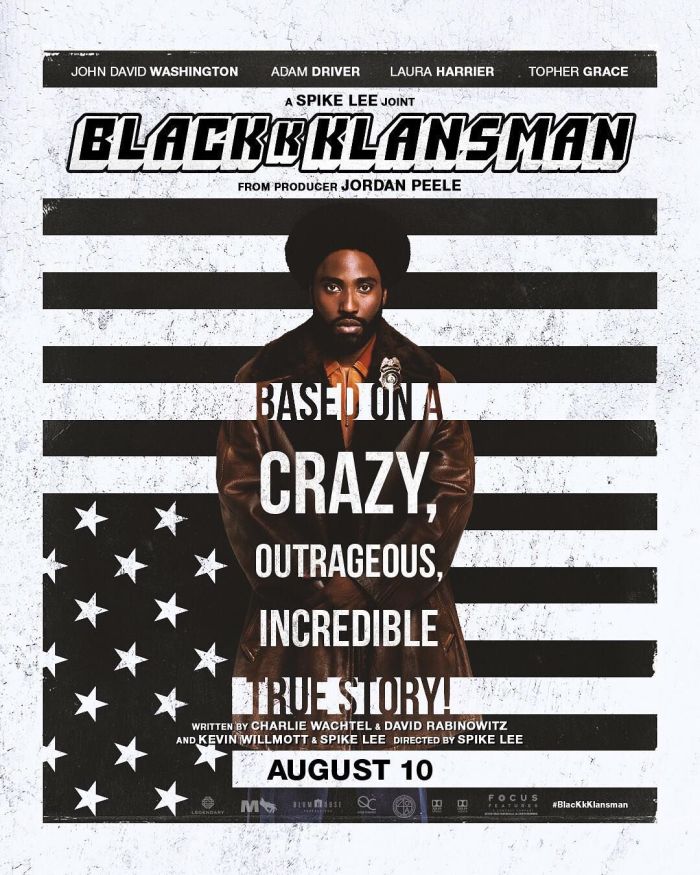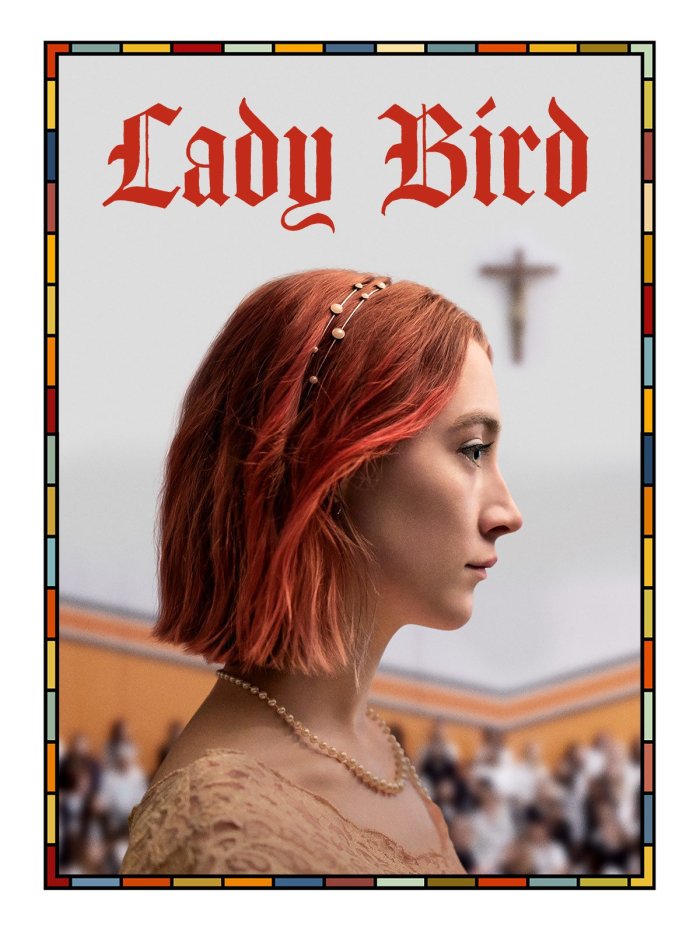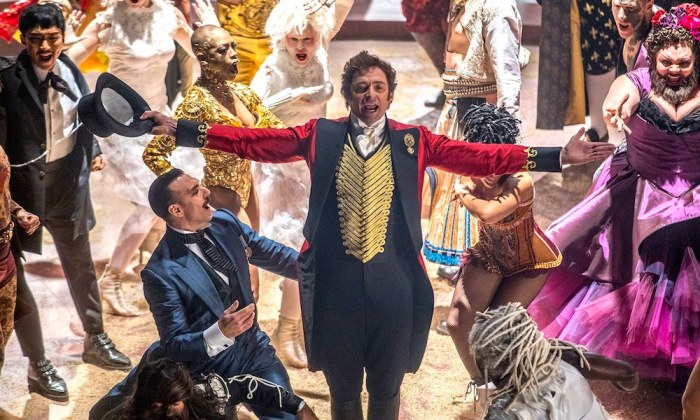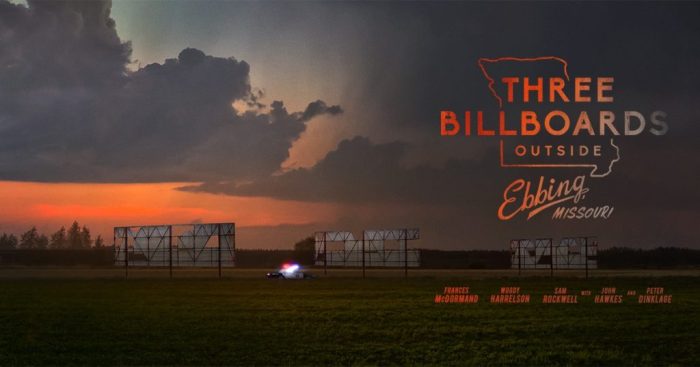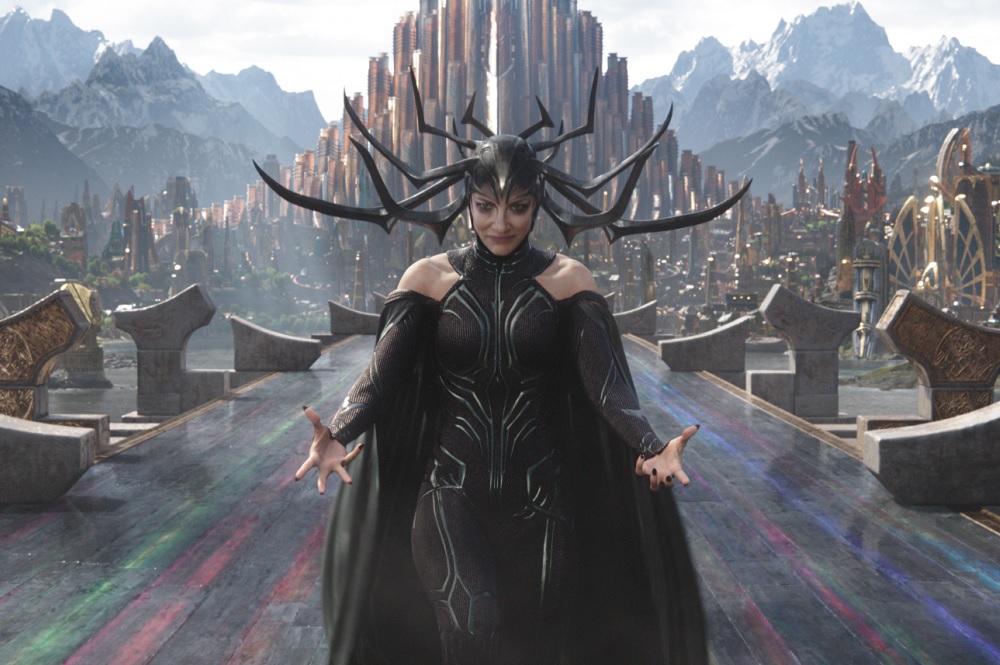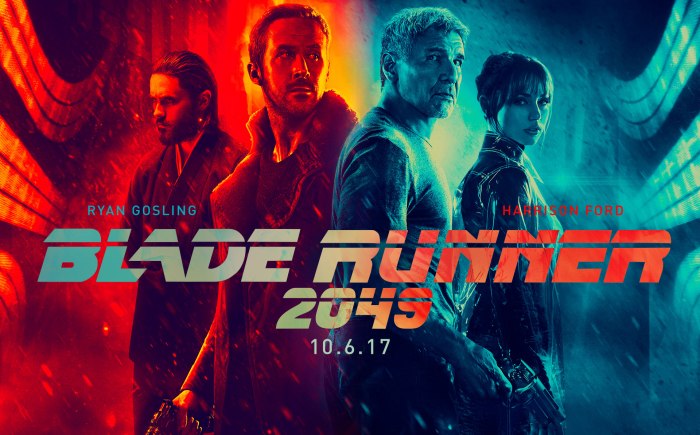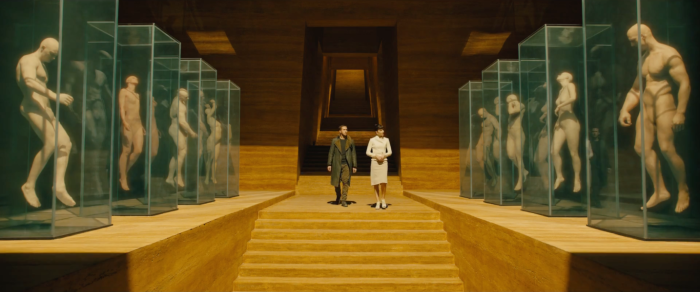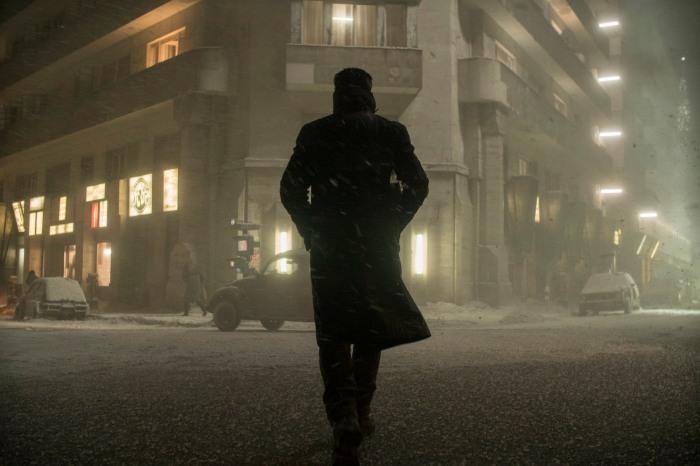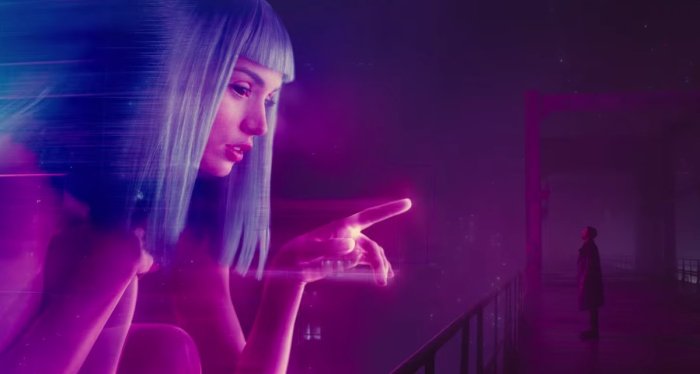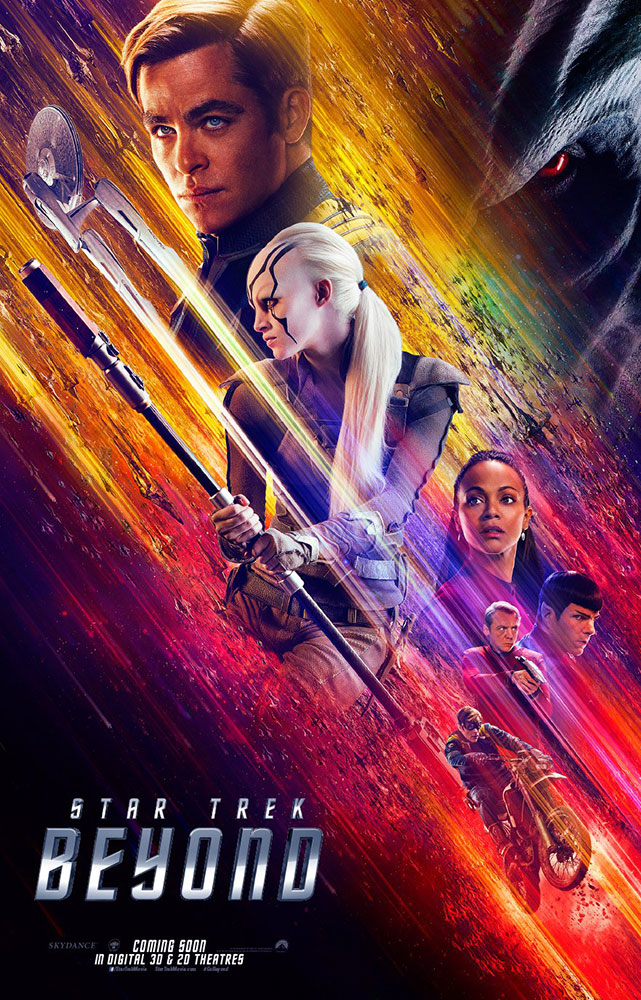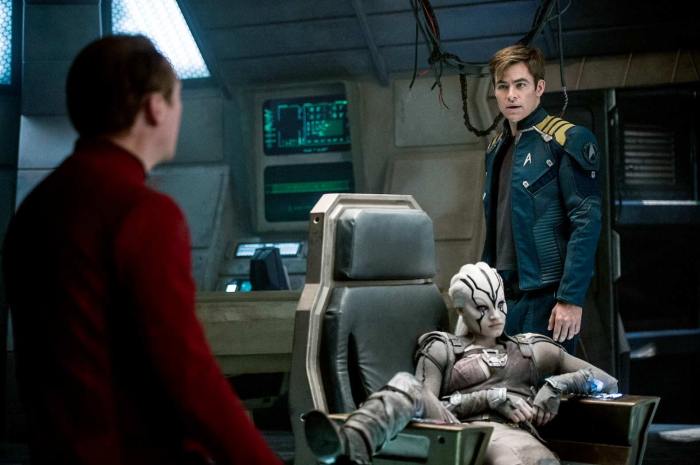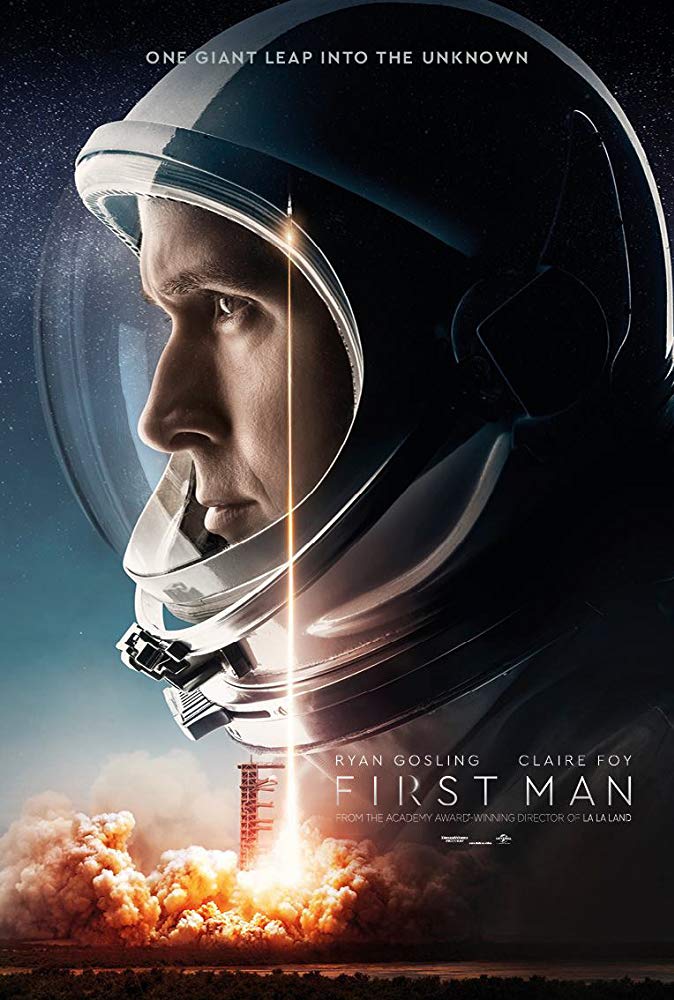
Aaron Farrell
First Man chronicles Neil Armstrong’s (Ryan Gosling) life as a pilot, an astronaut and, a grieving father. All building up to the Apollo 11 Moon landing on 24th July 1969.
There is a delicacy on show within First Man. The picture is always showing the silent determination of Armstrong but doesn’t do much telling as to why. With this attempting to be such a personal picture and adhering to Neil’s stoicism, it isolates the viewer. Armstrong was not an extroverted, personable guy and as such, this biopic being his from the point of view of his icy glares upon the intake of the trials and travels he overcame, is hard to buy into emotionally.
Damien Chazelle seemingly loves a resolute protagonist whose skin is impermeable to criticism and doubt. Whiplash and La La Land had me engrossed in seconds. I forgot I was in the cinema. When the former ended, I exhaled like I hadn’t for 90 minutes. And with the the latter, I lost a kilo in water weight. First Man never fully gripped me, engrossed me or encapsulated my mind. I was always at arm’s length although a lot of the action takes place from Armstrong’s point-of-view or, along his eye line.
Biopics are usually the chance for a director to spin their style onto a narrative already known. There usually comes a symbiotic fashion from the subject of the film and the filmmaking. Chazelle seems busier paying homage (quite wonderfully) to 2001: A Space Odyssey– a poetically scored space flight above Earth, Gravity – dizzying sensory-beating POV angles, and Interstellar – fixed shots from crafts and grand scales where ships blend with stars. First Man‘s own identity rarely shows itself but when it does – the Moon landing – it impresses a poignant sense of the responsibility and reserved genius needed for such a monumental mission. And, its own machinations of technical marvels.
Ryan Gosling had Emma Stone to sing and dance with in La La Land. Their chemistry was a science to be studied. There is a dance in First Man. A quiet dance, with the great Claire Foy as Janet Armstrong. This humble, home-bound waltz is affecting and a lovely respite from their at-odds marriage. It’s also a showcase of Chazelle’s muted craftsmanship on the film. And in turn, his cast.

Gosling is veering worryingly close to be type-cast as the pent-up hero. I ardently fought his corner – and always will – against many who thought his turn in Blade Runner 2049was a rehash of his work with Winding-Refn. Here however, he is anchored by a script that tries to make the first man an alien to his own people. That isn’t a bad thing. One of the best watermarks of Chazelle in Whiplash is the dinner scene. Andrew can no longer hold his tongue against family and friends who think his pursuit of art is a farce, showcasing how utterly dissimilar he is from them. First Man is obviously endowed by reality but there is always a little creative licencing that goes on in Biopics. Josh Singer adapted the screenplay from James R. Hansen’s biography. Was there something lost in adaptation? Armstrong perhaps needed a little more levity or a scene where he gives an honest insight into himself. An eject button to allow the viewers to see the scenery for themselves rather than just from the cockpit.
The rest of the cast includes Jason Clarke, Kyle Chandler, Ciaran Hinds, Pablo Schreiber, all pulling their weight in medium to small roles. Corey Stoll is Buzz Aldrin, Armstrong’s inverse in many ways. Cocky, sharp-tongued, judgemental, arrogant. Stoll does a great job at working off of Gosling’s stolid resolve but Claire Foy is the one who carries the film when it’s not with Gosling. Though many of her solo scenes are trying to keep the kids in check, some are lambasting the boys club of NASA to smile-inducing results. Janet’s resolve is perhaps as titanium as Neil’s although she is more nuanced and less likely to repress emotion. The tragedy of the picture is within this relationship. That perhaps wasn’t founded in ‘true love’ and only hardened at the loss of their baby girl. If distance makes the heart grow fonder then no man had been further away from his family, clearly with Neil even when he’s impressing his foot print on the moon.

Alt-Right debacle about the American Flag aside, this is a social picture too. The tumultuous times that the Gemini (which no one in the movie ever pronounces correctly) and Apollo missions were a part of, is shown deftly. Public dissent at the cost of the missions are expertly shown. Never better than with poet and activist Gil Scott-Heron’s rap Whitey on the moon. There is also political disinterest in space exploration showcased in scenes where astronauts must pander to congress. Vietnam’s on the TV and magazines only fan the flames surrounding the Moon landing missions. Though Chazelle satirises all of the naysayers in showing the worth of human exploration, of finding a new vantage point, of collectivising humanity in a daring to dream for more. Like the Apollo mission itself, I’d imagine this will inspire many to pursue their dreams, whether they’re out of this world or not.
Chazelle’s musical collaborator Justin Horowitz is back. And whilst this film isn’t thematically centred around music, it is still showcased to beautiful effect. Horowitz deftly scores subtle scenes with background emotion. But when the action, catastrophe or wonder of exploration ratchets up, the music acts as a voice to many of these voiceless scenes. The aforementioned homage to 2001 isn’t just a visual celebration but an astutely balanced audio one too. There is a suite that weaves into many of the scenes -akin to Ramin Djawadi’s dextrous use of the Game of Thrones theme tune in disparate stories – that is rousing, tragic and yet hopeful.
There is no doubt about First Man being a blisteringly well-made film. It’s technically sublime with seamless visual effects that recreate a milestone in humanity. This will only go on to cement Chazelle as one of the most visionary and vulpine directors working today. Though it does show that he is ever so fallible. The story-telling is never as arresting as the scenery and though this is a meticulous telling of a miraculous event, it can be unengaging and cold for the viewer. For all the propulsion needed to get man to the moon, First Man struggles under its own gravity. It’ll still undoubtedly be an award contender and is a showcase of the craft and determination of great people.


